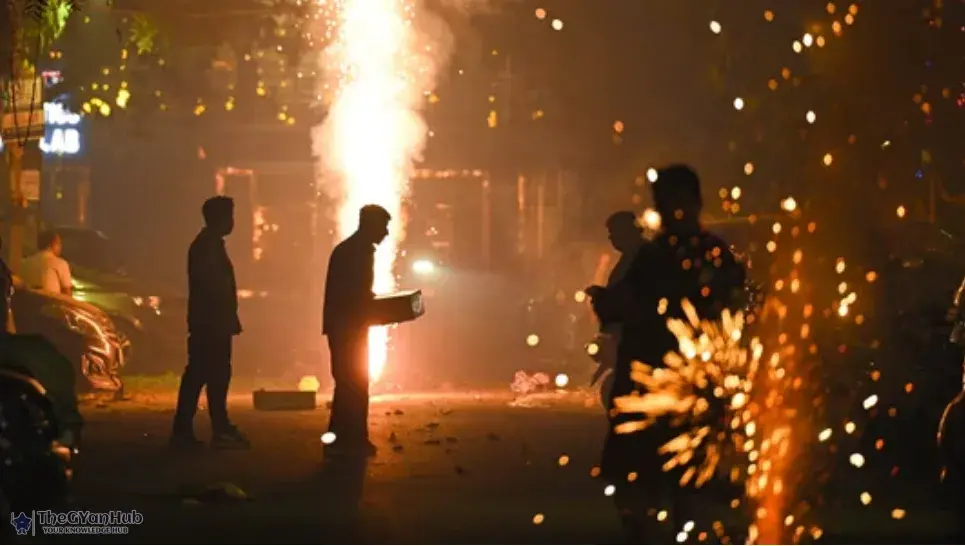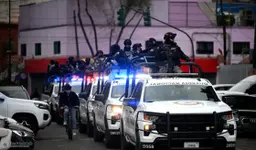I’m a passionate writer who loves exploring ideas, sharing stories, and connecting with readers through meaningful content.I’m dedicated to sharing insights and stories that make readers think, feel, and discover something new.
Delhi's Air Quality Crisis During Diwali
As the festival of lights, Diwali, illuminated the skies of Delhi, the air quality took a significant hit. According to recent reports, 34 out of 38 air quality monitoring stations in the city recorded pollution levels in the 'red zone', indicating a 'very poor' to 'severe' air quality index. This alarming situation has raised concerns among environmentalists and health experts alike.
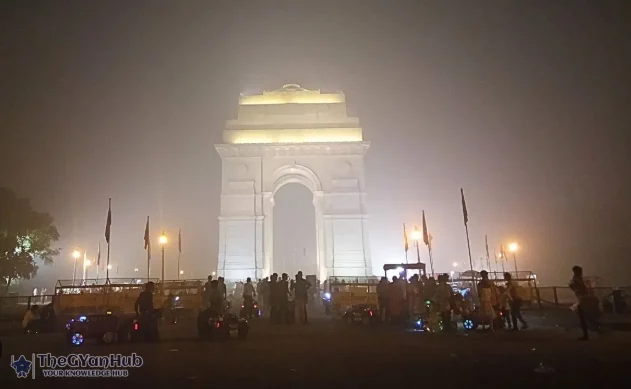
Delhi, a city already grappling with pollution issues, saw a sharp decline in air quality due to the extensive use of firecrackers during the celebrations. The particulate matter in the air reached hazardous levels, posing serious health risks to the residents.
Impact on Public Health
The deteriorating air quality has significant implications for public health. Exposure to such high levels of pollution can lead to respiratory problems, cardiovascular diseases, and other health issues. Vulnerable groups, such as children and the elderly, are particularly at risk.
According to health experts, the 'very poor' to 'severe' air quality can exacerbate existing health conditions and lead to an increase in hospital admissions. The government has advised citizens to limit outdoor activities and use protective masks when stepping outside.
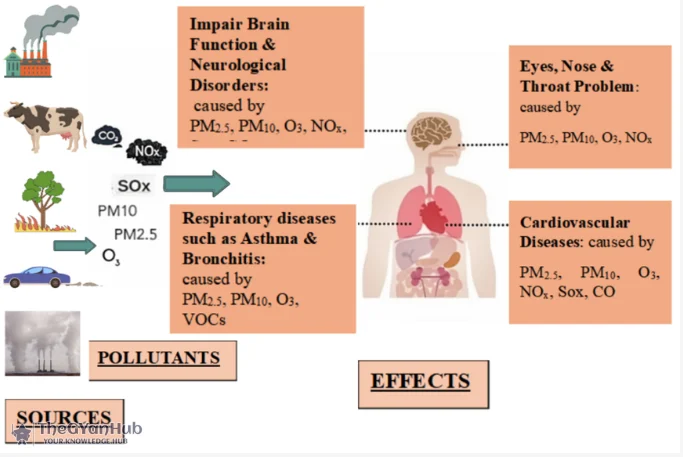
Government and Public Response
The Delhi government has been under pressure to implement stricter measures to control pollution levels. Initiatives such as banning firecrackers and promoting green alternatives have been suggested, but enforcement remains a challenge.
Public awareness campaigns are also being conducted to educate citizens about the health risks associated with air pollution and the importance of adopting eco-friendly practices during festivals.
Use of eco-friendly firecrackers
Promotion of community celebrations
Implementation of stricter emission norms
Long-term Solutions
Addressing Delhi's air quality issues requires a multi-faceted approach. Long-term solutions include improving public transportation, increasing green cover, and transitioning to cleaner energy sources. Collaboration between government agencies, NGOs, and the public is crucial to achieving sustainable air quality improvements.
Experts emphasize the need for comprehensive policies that address the root causes of pollution and promote sustainable urban development.
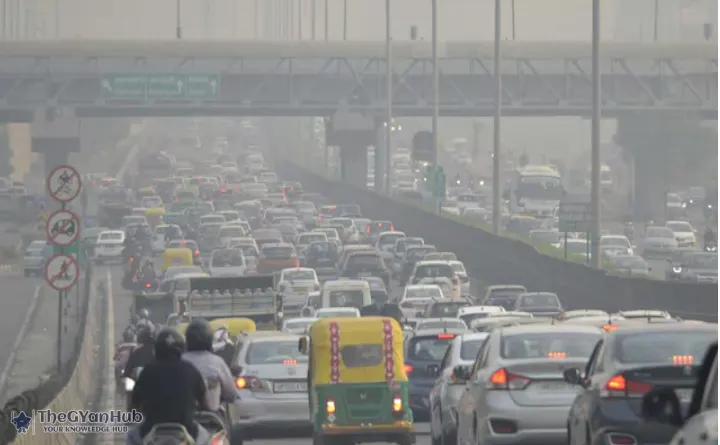
Further Reading
Related articles in this category
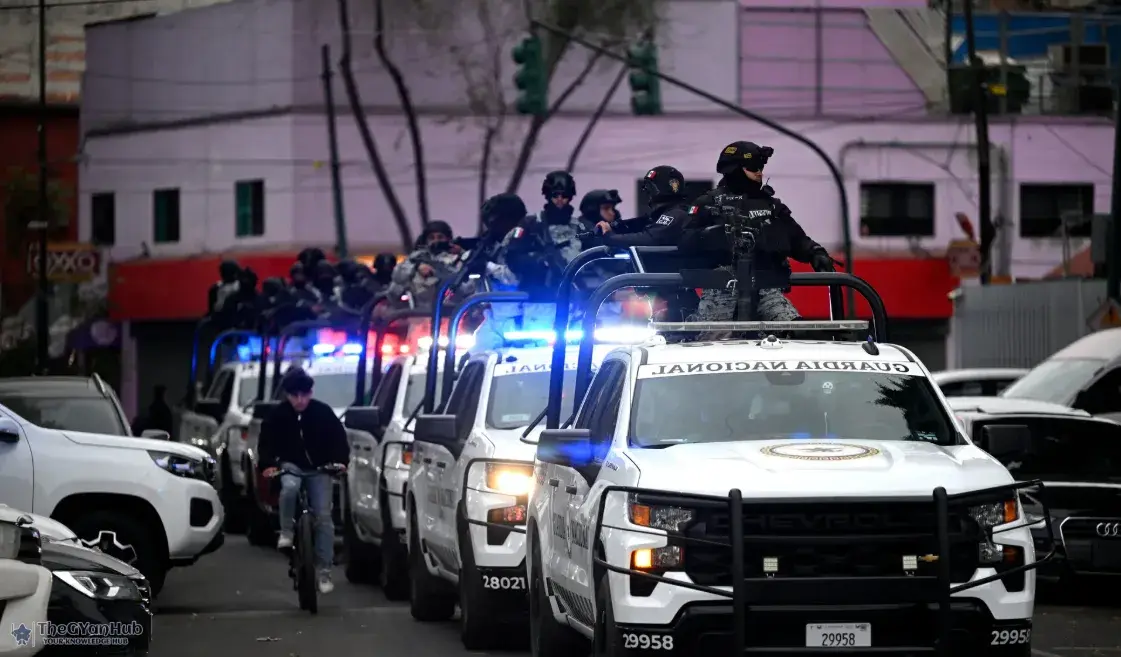
El Mencho Killed: The Fall of Mexico's Most Powerful Drug Cartel
February 23, 2026
The recent killing of Nemesio Rubén Oseguera Cervantes, known as 'El Mencho', has led to significant upheaval in Mexico as the Jalisco New Generation Cartel faces a power vacuum. This article explores the implications of his death on the drug trade and national security.
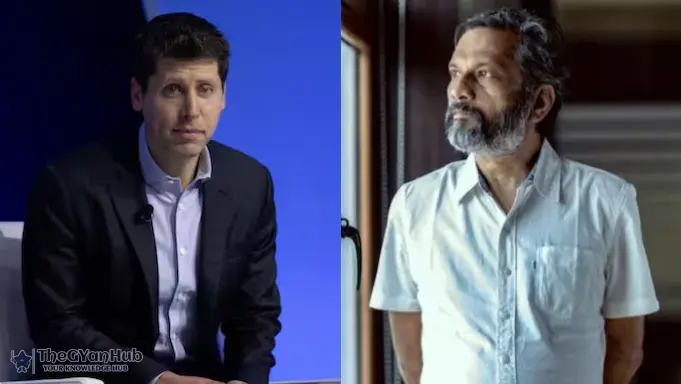
Sam Altman vs. Sridhar Vembu: A Clash on AI and Human Energy Consumption
February 22, 2026
In a recent discussion, Sam Altman compared the energy consumption of AI systems to that of humans, prompting a strong rebuttal from Sridhar Vembu. This article explores their contrasting views on energy efficiency and sustainability.
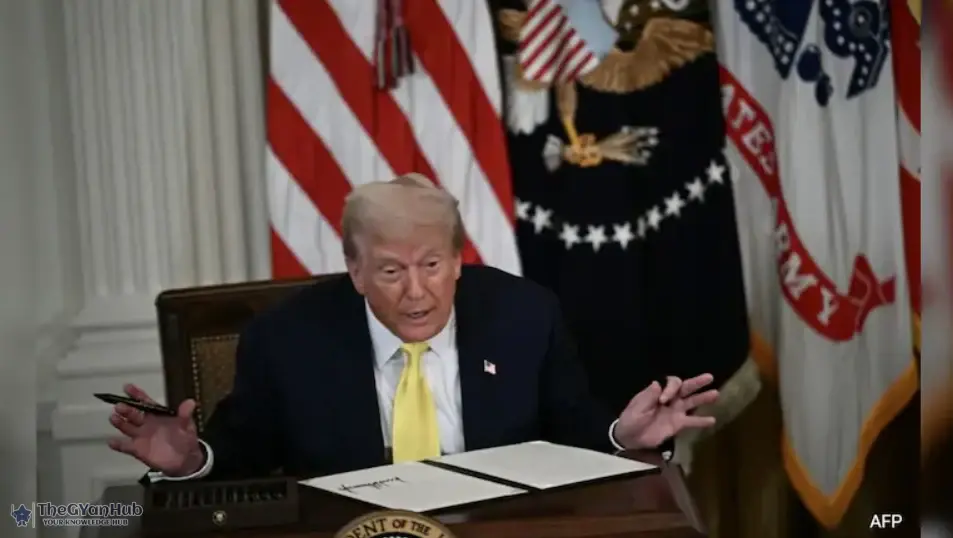
Trump's Loss, India's Gain? How Tariff Order Could Affect Trade Talks
February 20, 2026
The US Supreme Court's decision to strike down Trump's Global Tariffs Policy may have significant implications for India, potentially reshaping trade dynamics. As New Delhi navigates this change, the global trade landscape could see a shift in power.
